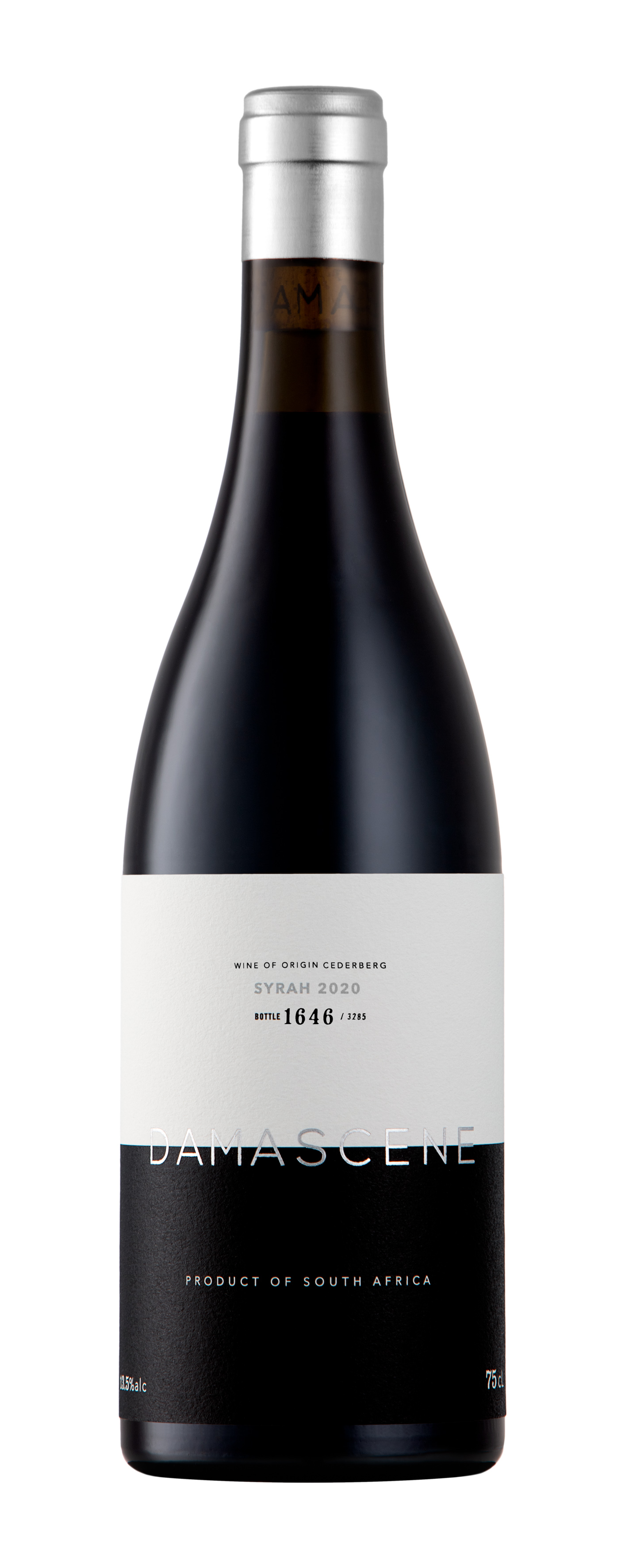A singularity. So expressive of its liminal site; a mountainous vineyard 940-metres above sea level. Floaty red fruit, sour cherry, cranberry; the sandalwood scent of scrub and fynbos, a glow of white pepper, iridescent and driven. Hands-off winemaking assures the austerity and lightness of being of the wine remains intact. The fresh red fruit continues on the palate, underscored by a riper touch of blackcurrant wrapped in a fine-boned structure. Clear, precise acidity conjures up the coolness of the site; the spice lingers long into the finish.
This vineyard was planted in 2006 on the oldest farm in the Cederberg (which dates back to 1790). The clone used is SH22 grafted onto R99 rootstock, planted into sandstone soils with underlying ferricrete. There is an average of 600-700mm annual rainfall in the region, where the cold nights (average minimum winter temperature is 3.8˚C) are followed by very warm days (summer average maximum temperatures are only 22.7˚C, but it can also reach 40˚C during heatwaves). This massive diurnal temperature variation (12˚C, on average) slows down the ripening process and delivers fruit with supreme balance between natural acidity and the intense flavour, colour and tannin. In winter, the north-western winds blow in from Elandsbaai (80km away on the West Coast), bringing the rain. In summer, the cooling southeast winds blow from the Ceres-Plateau. The Cape leopard still roams in this region and, on Jean’s first visit to the farm, he spotted a huge male (they can reach an average weight of 35kg) crossing the road less than 30m from him.
Syrah from the Cederberg plateau has massive intensity and therefore one needs to take one’s foot off the pedal in the winery to achieve wines that are balanced. The higher level of natural tannins in the fruit meant that only 30 to 60% of the fruit was fermented as whole clusters, depending on the parcel. The rest of the fruit was de-stemmed and fermented as whole berries. Fermentation took place in open-top fermenters and two 1000-litre foudres, with pump-overs being limited to a maximum of two per day during the peak of fermentation. All fermentations took place spontaneously, using only naturally occurring yeasts. Malolactic conversion occurred spontaneously, after which the wine was matured in 1000-litre oak foudres for 11 months. The wine was bottled without fining to ensure a more complex and authentic expression of Syrah.


0
Personer som nåtts
1
Interaktion
Marknadsför inlägg
1

